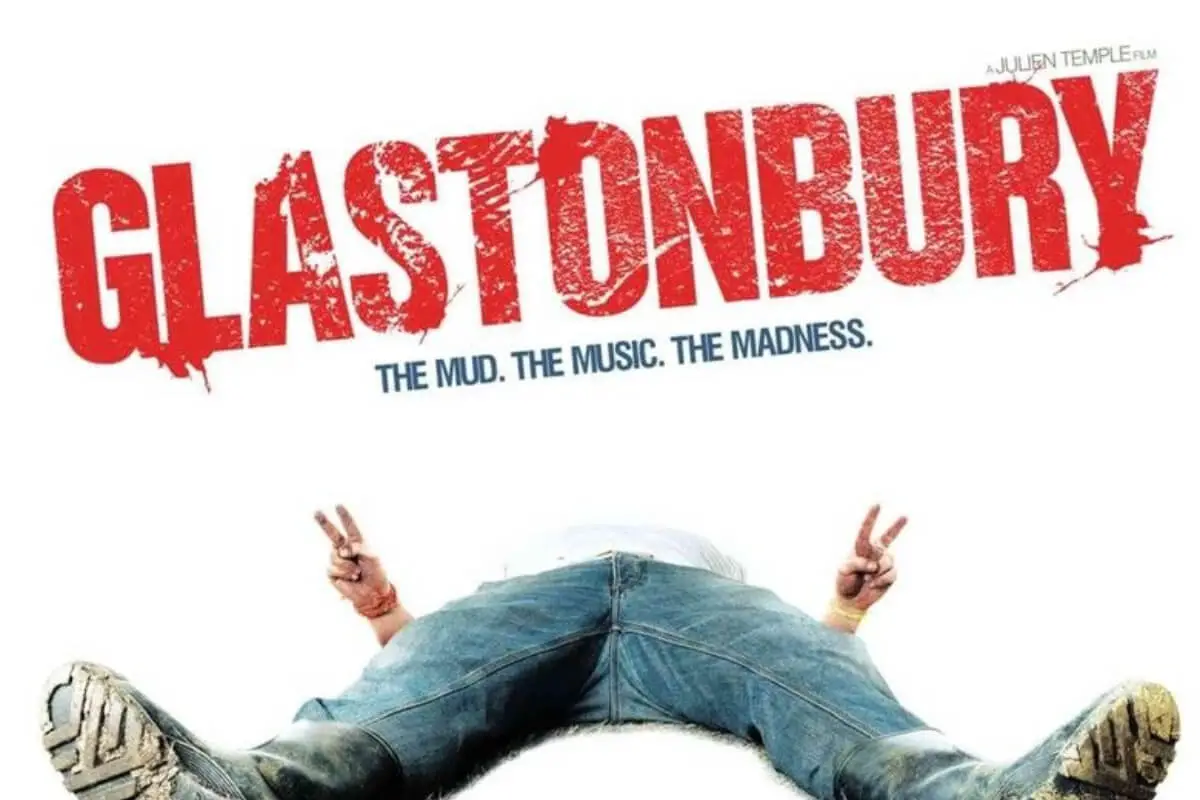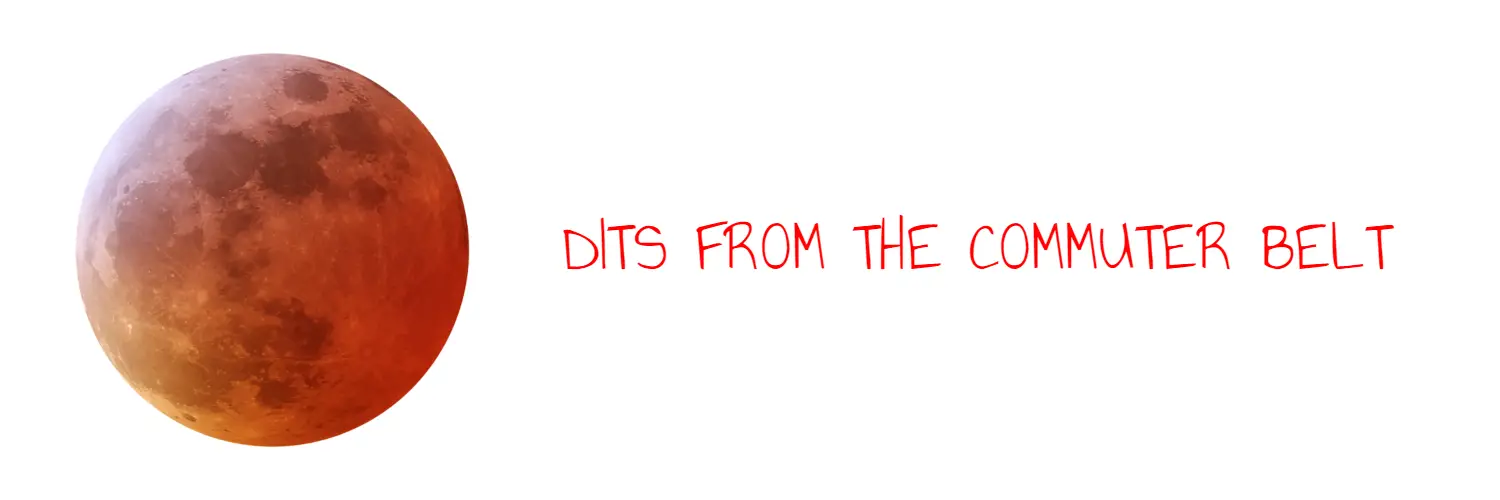Glastonbury

It often surprises people when I tell them I’ve never been to Glastonbury. As someone who’s been regularly attending festivals since I was 12, it’s automatically assumed that I must have also embraced the biggest party on earth as my own by now. Alas, I cannot claim that I’ve ever felt particularly drawn there. As someone who goes to festivals almost exclusively for the music, it’s always irked me that Glastonbury doesn’t announce at least some of its line-up before tickets go on sale. “Oh, but there’s something for everyone” is the usual riposte and yes, that’s true to an extent, but it’s only in the past couple of years that I’ve actually found myself looking through the line-up in full wishing I was actually there. Even then, there are other festivals that better cater for my tastes.
I can appreciate that most punters don’t actually go to Glastonbury for the music, but the overall experience. Sadly, I think that’s probably partly why the festival has become a bit of a haven for middle-class hipsters looking for an escape, santising the festival experience somewhat. Those who have been going since before the BBC brought Glastonbury to our television screens, advertising it to the wider public and – like Reading & Leeds – forever changing what the festival is about, are quick to complain that “the proper hippies don’t go to Glastonbury anymore” and I sympathise, particularly when many now stay away simply because they’ve been priced out. At the same time, everything is satiated these days and I’m not sure “the proper hippies” even exist in great numbers anymore. Besides, what do they expect the Eavis clan to do – not run the festival?
Whilst I realise that as something of an armchair fan when it comes to Glastonbury, my opinion counts for very little, I actually think the influence of Emily Eavis has proved welcome for the most part although I do hope that the organisers never lose sight of that which makes it so special. It’s that sense of magic that acclaimed filmmaker Julien Temple set out to capture in his documentary about the festival. Entitled Glastonbury (fancy that), it was recently re-broadcast by the BBC as part of their coverage of the festival over the past weekend, which was put together in lieu of the 2021 edition taking place (like all festivals this year, it was cancelled due to the spread of COVID-19).
Temple’s footage encapsulates everything that is great about Glasto, and proves to be a seminal piece of film-making. Initially released in 2006 albeit updated in 2011 ahead of the BBC premiering it on terrestrial, I sat down to watch the BBC repeat this weekend believing that I had seen it before. I later realised that the film I had previously watched was Glastopia, Temple’s follow-up piece, which focused solely on the festival’s after-hours experience. I had loved that, and found myself equally enamoured with his original film.
For starters, I’m a big fan of his style of film-making, having first encountered his name when I first watched The Filth and The Fury, Temple’s 21st century rebuttal to his own 1980 mockumentary The Great Rock ‘n’ Roll Swindle, which had been criticised for endorsing The Sex Pistols’ manager Malcolm McLaren’s version of events concerning the band’s rise to and subsequent fall from glory. Unlike those films however, Glastonbury will appeal to all, even non-music fans (although I’m pleased to see that select musical performances are given appropriate screen time). It’s a celebration of humankind from start to finish, a perfect representation of the spirit of Glastonbury.
An exploration of Glastonbury’s religious and spiritual past at the outset makes way for footage shot by Temple between 2002 – 2005 as well as footage sent in by festival goers, allowing those who make Glastonbury what it is to take centre stage. Their stories and interactions give the film a raw, grassroots feel, which feels very, well, “Glastonbury”, adding to its charm. I’m not a particularly patriotic person but there’s something quite British about the whole affair, and you realise that no other nation could produce a festival quite like Glastonbury, at least not on this scale.
As such, this documentary feels like a really important piece of history, and I’m really glad that Temple was able to piece it together just before Glastonbury begun to change. His representation of Glastonbury showcases a version of the festival I would actually like to attend and whilst that may no longer be possible, maybe, just maybe, I’m a little more inclined to register my interest for 2021. Would be nice to at least know who’s headlining first though, right?

